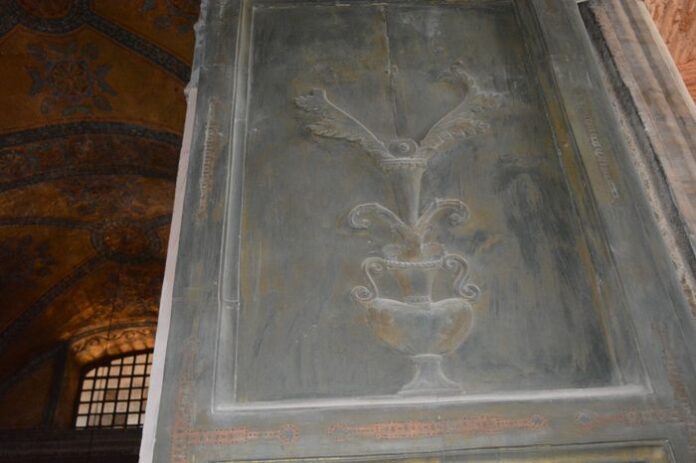His anger, too, was not lasting, like that of his brother Basil. He quickly relented and was terribly downcast at what he had done. Better still, if someone could quench the rising fire of his wrath, he would refrain from inflicting chastisements and even be thankful for some restraining influence. Where there was no resistance, indignation carried him on to any excess. Then, at the first word of apology, he would be grieved, compassionately embrace his victim, let tears fall from his eyes, and beg forgiveness with words full of contrition.
He was generous in his favours, more than all other emperors, but this good quality was not, in his case, tempered by justice. To members of his court he threw wide open the gates of his favour, heaping gold on them as though it were sand; but to those far removed from the palace this virtue was less displayed. They were his friends most of all whom in their infancy he had had castrated and whom afterwards he used as chamberlains and private servants.**24 These men were not of noble birth nor free-born.
Actually, they were barbarians and heathens, but they owed their education to the emperor, and because they modelled their own conduct on him, they were accounted worthy of greater respect and honour than others. Their physical degradation was obscured by an adroit and liberal distribution of gifts, by their eagerness to confer benefits, by their display of other gentlemanly qualities.
At the time when his brother Basil had become emperor, Constantine while still a young man, had married a lady called Helena. She was a daughter of the renowned Alypius, then the leading man in the city and member of a noble family held in high repute. This lady, who was not only beautiful but also virtuous, bore him three daughters before she died.
Basil expressed the strongest affection
The princesses were brought up in the palace and educated in a manner worthy of their exalted rank. The responsibility for their training devolved on Constantine, for although Basil expressed the strongest affection and love for his nieces, he took no further interest in their future. He was too busy guarding the Empire on his brother’s behalf.
The eldest of the daughters bore no great resemblance to the rest of her family. She was of a more tranquil disposition, more gentle in spirit, and her beauty was only moderate (in childhood she had been attacked by some infectious illness, and her looks had been marred ever since). The second daughter, whom I myself saw in her extreme old age, was very regal in her ways, a woman of great beauty, most imposing in her manner and commanding respect. About her I will speak in more detail at the appropriate point in my history. At the moment I am merely giving a brief outline of their characteristics.
Read More about Constantine VIII








